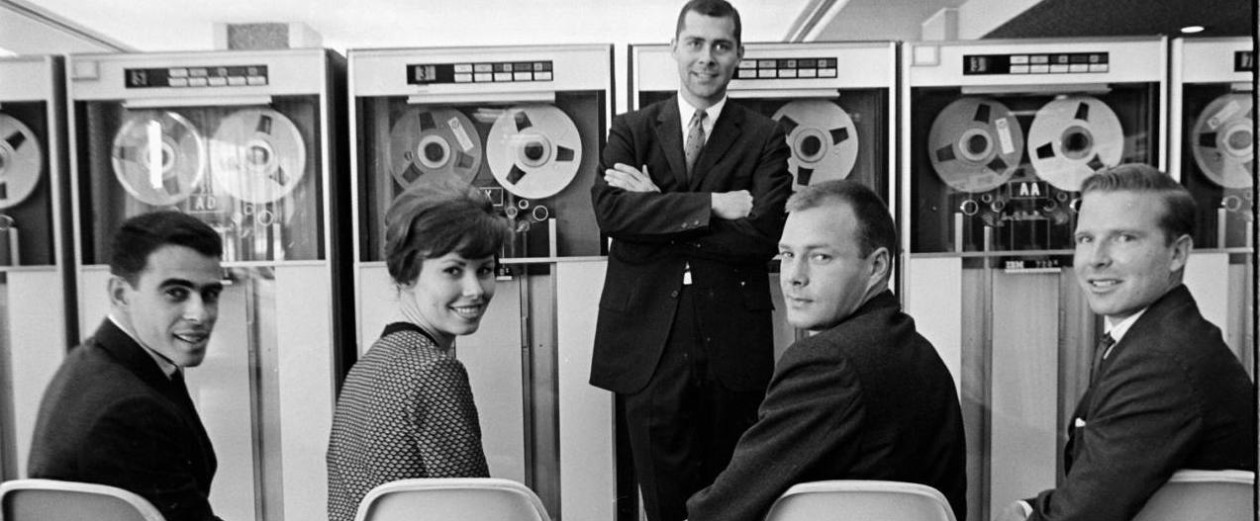Somehow I missed this review of The Computer Boys Take Over in the Digital Humanities Quarterly. Here is the money quote praising the book:
Nathan Ensmenger’s book is an impressive and engrossing historical work. He brings the crises and the peopling of computer programming alive. His historical artifacts become characters and a full picture of what this heterogeneous history looks like emerges. He adeptly weaves together competing voices in history with competing personalities to leave us with this haunting and antagonizing last line, echoed from the rhetoric of programming as created by the history: “almost thirty years after the NATO Conference on Software Engineering many programmers are still concluding that ‘excellent developers, like excellent musicians and artists, are born, not made'” [243].
But as tempting as it is to only highlight the positive from this review, I was also intrigued by the author Trisha Campbell‘s biggest critique:
And therein lies my only problem with the book, and it is my same problem with many academic books; the thing is socially constructed and the pages of the text helped us get there, but how do we build from this heterogeneity. Is there a method? Perhaps this will be Ensmenger’s second book.
Alas, I suspect that it will take me longer than that (and perhaps a couple more books) to figure this one out, but I increasingly share Campbell’s call to make the theory of social constructivism more practically applicable. One of the welcome benefits of having moved from a history of science program to a School of Informatics and Computing is that I interact more regularly with scientists and technologists. When I am talking with fellow humanists and historians it is (too) easy to wave away challenging questions by invoking theory; with practitioners, I have to work more to make myself clear, to figure out what I actually mean, and to be relevant. This is a good thing.

 Follow
Follow
One more good thing: you constantly witness their effort, eagerness and compassion. This way it’s easier to get excited about their work, too, instead of tearing it to pieces in harshly critical writing. Nonetheless, I for my part will (hopefully) stay at HSS for a little longer …